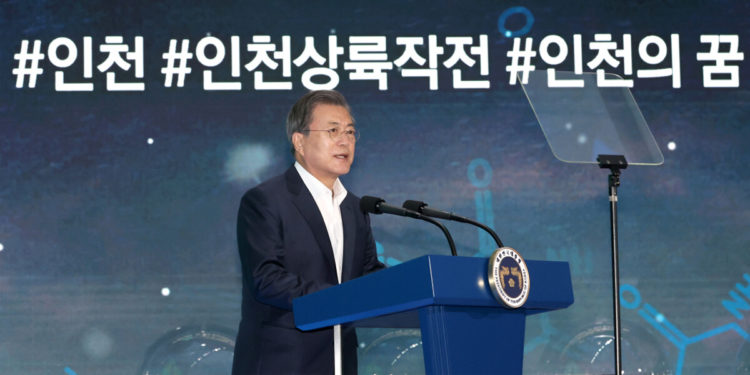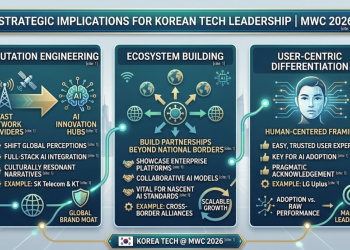South Korean biotech companies, including Celltrion and Samsung Biologics, would jointly invest a total of 10 trillion won ($9.03 billion) by 2023 to pursue President Moon Jae-in’s mission to drive economic growth for the country through biotechnology.
Samsung Biologics would invest 1.7 trillion won ($1.54 billion) into its fourth new biopharmaceutical manufacturing plant. Additionally, Celltrion would inject 500 billion won ($447 million) to its Global Life Science Research Lab and third plant.
In return, the government assured a 1.7 trillion won ($1.54 billion) budget for bio-health industries in 2021. The budget marked an increase of 30 percent compared to last year, reflecting the government’s efforts to improve its biologics industry. The total amount of private investments in the bio-health industry would further reach 10 trillion won ($9 billion) in 2023.
Through these investments, Celltrion would grow as the world’s leader in bio drug development and Samsung Biologics as the world’s top contract drug producer.
Supporting Biohealth
President Moon Jae-in participated in the Yonsei University Global Campus ceremony to assure governmental support in the private companies’ endeavors. The event happened in Songdo city, where Samsung Biologics and Celltrion both operate manufacturing plants. The government aims to assist these companies in upgrading their manufacturing and distribution facilities, generating more jobs.
The President thanked Samsung Biologics and Celltrion for their biotech investments as the government searches for new avenues for economic growth. President Moon also congratulated other firms for their reliable investments in the biotechnology industry. Moon stated that 40 biotech companies intend to collectively invest 10 trillion won, which would produce more than 9,000 new jobs.
The country’s annual production of bio drugs would increase to 910,000 from 600,000 liters. South Korea would eventually become a global bio drug manufacturer and the world’s largest biologics substances manufacturer.
Moon also mentioned that the development of vaccines and possible COVID-19 treatments might realize completion by this year’s end.
Kim Tae-han, Samsung Biologics CEO, said that building a fourth plant coincides with President Moon’s initiatives to enhance South Korea’s biopharmaceutical industry. Samsung would support the government’s undertakings in producing COVID-19 treatments and ensuring a stable supply.
Driving Economic Growth
The government selected future-generation vehicles, non-memory chips, and the bio-health industry to drive the economy. The Industry, Science, and Health ministries would unite electronics, semiconductors, data, networks, artificial intelligence, chemicals, energy, and manufacturing with biotechnologies.
The healthcare industry also bears a considerable significance in the wake of the COVID-19 pandemic. The President toured a COVID-19 testing kit producer, SeeGene in March, and the Pasteur Institute in Korea in April, and SK Bioscience in October.
The industry ministry would devote 85.7 billion won to help firms localize their materials, components, and equipment technologies. It would also establish an agency focusing on drug innovation and medical device manufacturing processes.
Furthermore, the government plans to provide education to more than 2,000 biotechnology experts yearly starting from 2024 through academic institutions.







